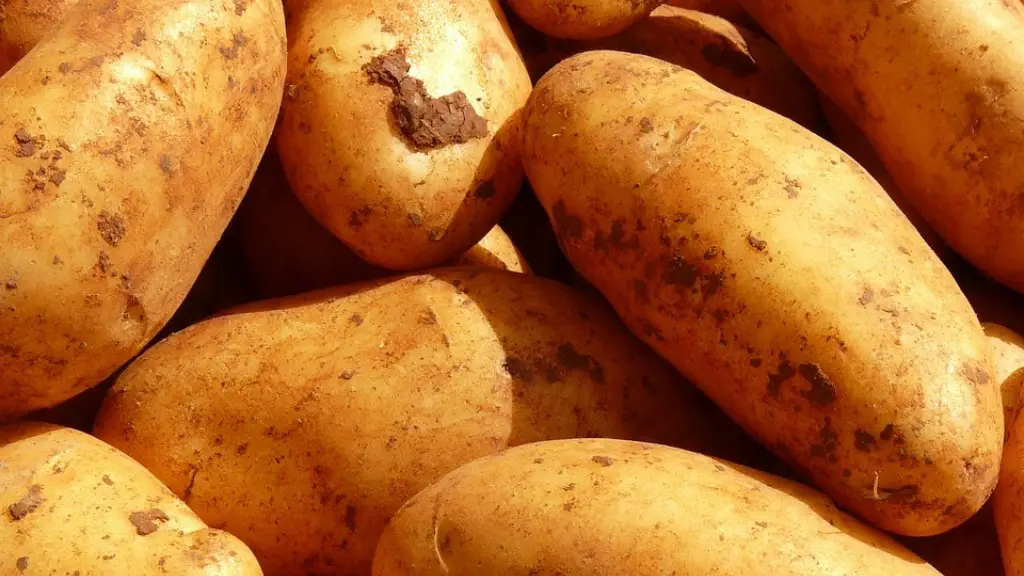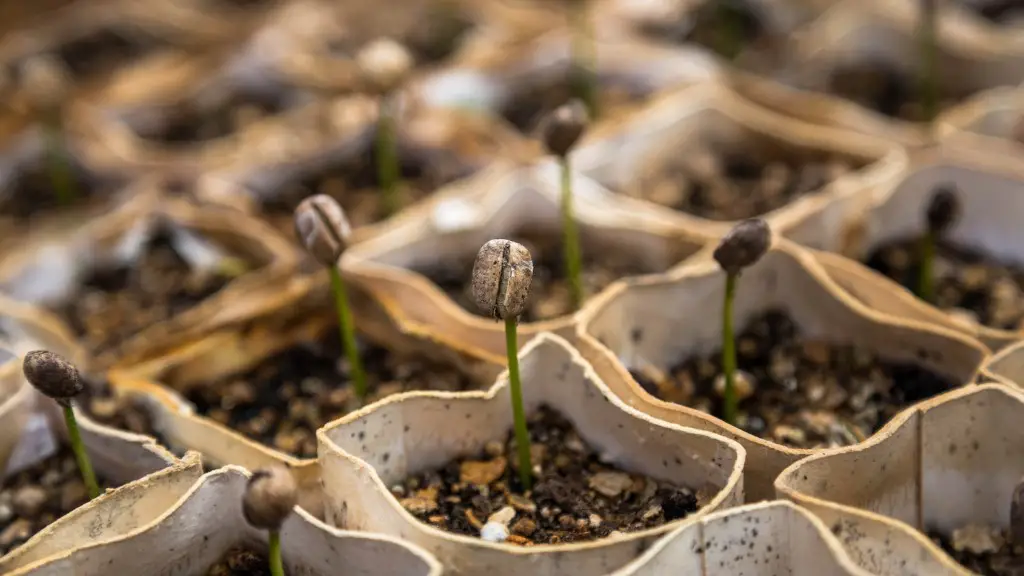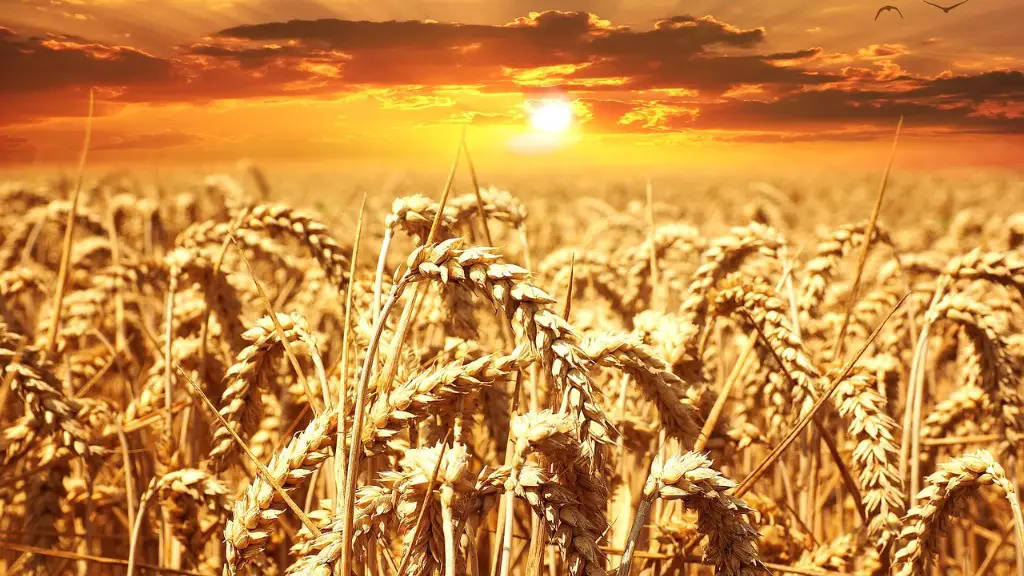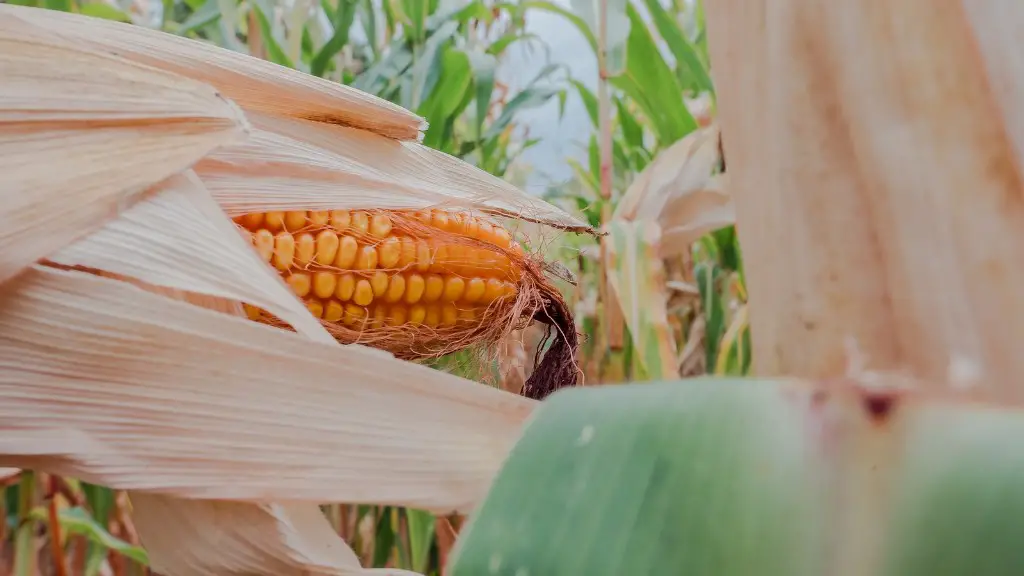Globalization has had an immense impact on agriculture. The movement of people, resources, and capital onto a global level has transformed the way in which food is produced, distributed, and consumed. While a few large transnational agricultural corporations benefit from this system, many small farmers are left in a more precarious position. Here, we examine how globalization affects agriculture and the implications of it on small farmers.
Impacts on Trade
The interconnectedness of all nations has been further bolstered by the push for increased trade. As such, governments are forging agreements and promoting policies encouraging international investment in, and trade of, agricultural products. This influx of capital from foreign companies, combined with greater access to global markets, has boosted profit margins for some producers. Nevertheless, there are still many nations and farming communities unable to take advantage of this free-flowing international trade.
Environmental Impacts
The environmental impacts of globalization are often overlooked when examining the effects of globalization on agriculture and small farmers. The increased flow of resources, goods, services, and capital on a global scale has put immense pressure on natural ecosystems. This has had the effect of depleting water resources and soil fertility, while also leading to the destruction of habitats thanks to the expansion of large industrial monocultures.
Social Impacts
The impact of globalization on agriculture has also had a significant social impact. Historically, small farmers have found support and formed ties within their communities. However, with new policies and trade deals that favor large transnational agricultural companies, many small farmers have been left unable to compete. This can lead to feelings of marginalization and erosion of local culture.
Economic Impacts
When it comes to economics, the effects of globalization on agriculture vary greatly from nation to nation. For example, export-oriented forms of agriculture may allow for increased productivity and profits for some, while for others it can lead to increased debt and financial instability due to the reliance on imports. Additionally, the loss of traditional societies’ access to public goods such as health and education can lead to economic inequalities.
Impacts on Inclusivity
Globalization has perpetuated the inclusivity gap between wealthy and poor nations in agriculture. This has further been entrenched by the unequal access to resources, markets, and credit that large companies have over small farmers. This has enabled large companies to gain control of food systems, leaving small farmers increasingly unable to compete in the global agricultural market.
Impacts on Food Security
The globalization of agriculture has also had a considerable effect on food security. Increasing global demand for agricultural products has led to countries becoming overly reliant on imports. This can lead to food insecurity in times of conflict or economic turmoil, as local access to food is not reliant on a country’s own resources.
Impacts on Local Communities
The effects of globalization on agriculture can have far-reaching effects on local communities. The increased capital flowing into large industrial farms has led to a decrease in the number of small-scale farmers, leaving many communities without their traditional methods of income. This can lead to towns and cities becoming more urbanized, and the loss of local knowledge, culture, and traditions.
Impacts on Land Use
The globalization of agriculture has impacted how land is used, with a focus on expanding or maximizing yields. This often leads to a decrease in diversity of crops, fragmentation of land, and increased soil erosion. It can also lead to a decrease in the use of renewable sources of energy, such as the use of wind, solar, or hydroelectric energy, in farming. All of these effects can have significant consequences for the environment.
Impacts on Knowledge
The increasingly globalized food system has had a significant effect on traditional farming knowledge. As more global companies move into a country, there is a decrease in traditional farming knowledge and an increase in dependence on inputs such as industrial fertilizers and pesticides. This can have detrimental effects on the health of natural ecosystems, and limit the ability of a local population to feed itself.
Impacts on Investment
The investment in agricultural commodities on a global scale has been a major factor in the globalization of agriculture. As large companies look to capitalize on the market for certain commodities, small farmers often find themselves unable to compete. This can lead to an increase in concentration of ownership, a decrease in direct employment, and a decrease in overall investment in the agricultural sector.
Impacts on Rural Livelihoods
The globalization of agriculture has impacted rural livelihoods in a significant way. This can be seen in the fact that agricultural production systems tend to be more capital-intensive than before, leading to the displacement of many small-scale farmers or the absorption of those remaining into larger farms. This can lead to a decline in employment, lower incomes, and a decrease in overall rural development.
Impacts on Food Quality
The globalization of agriculture has also had a considerable effect on the quality of food available in many nations. As large transnational corporations move to maximize their profits, the focus is often on the quantity of food produced, not the quality. This has led to an increase in processed foods, food additives and preservatives, and in some cases, a decrease in nutritional content.
Impact on Prices
Finally, globalization has had a major impact on the price of food on the global market. As large corporations become increasingly dominant in markets, prices can be manipulated in order to increase profits. This cycle has led to decreased food security in many nations due to rising prices, while also leading to an increase in poverty levels in rural communities.



